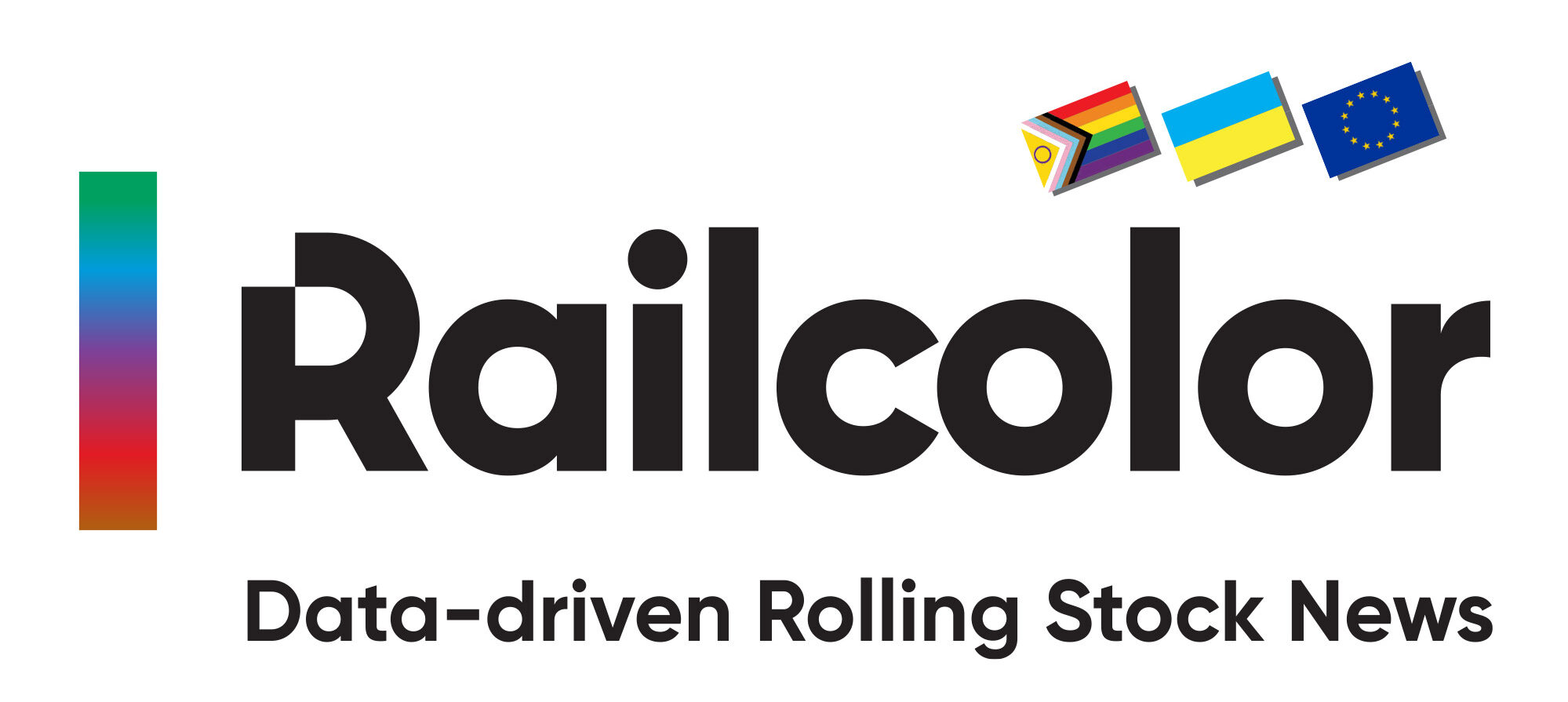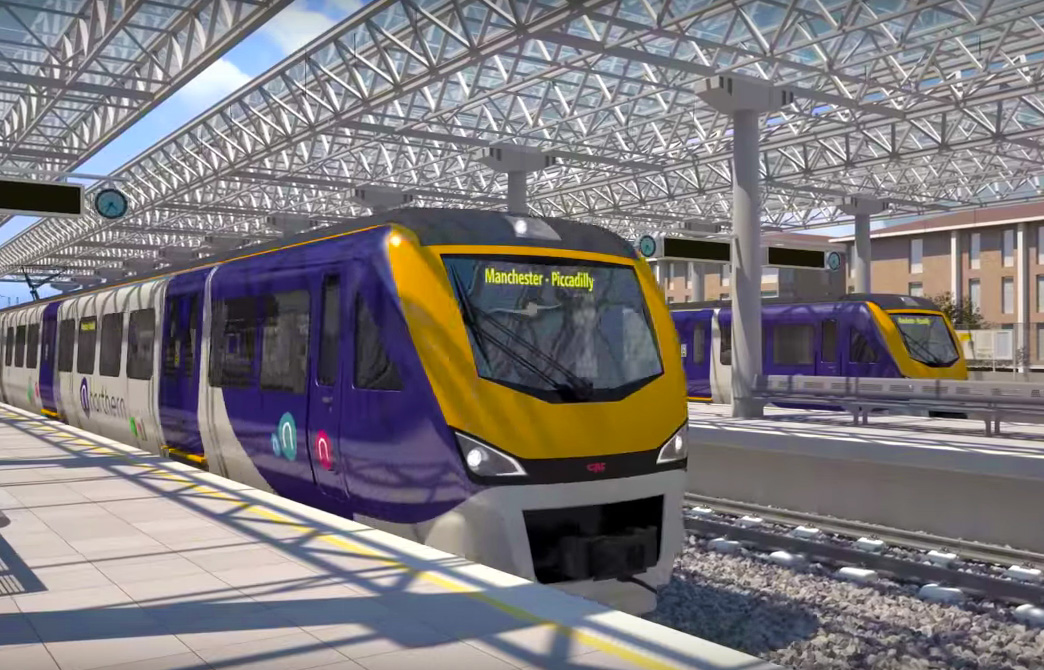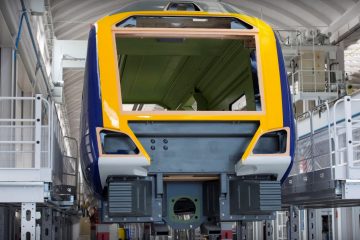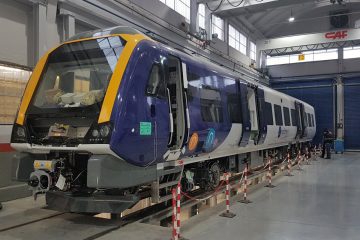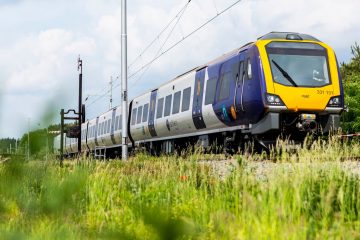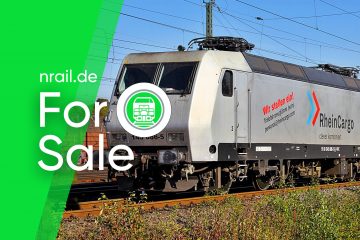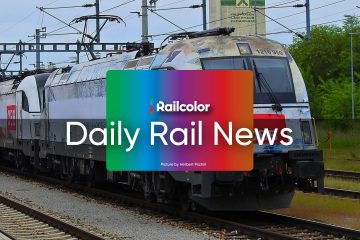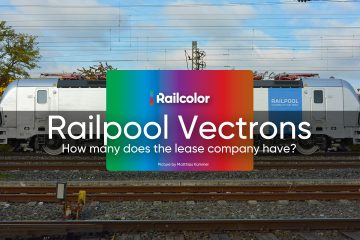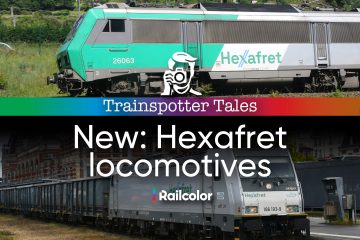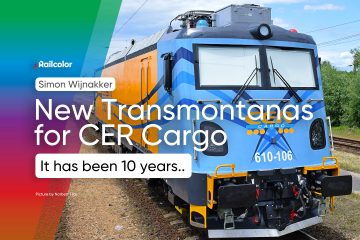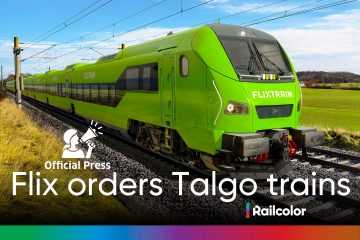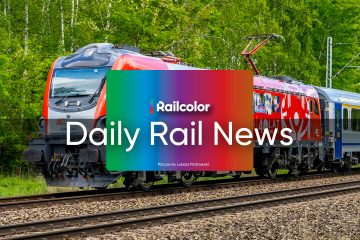The removal of Arriva, the arrival of Operator of Last Resort (OLR). On 01.03.2020, UK’s Department for Transportation (DfT) took back the control over the Northern England rail franchise. It is the second time this happens after services on the East Coast Main Line were re-nationalized back in 2019.
The government has decided to terminate the franchise contract with Arriva Rail North prematurely. This means that ‘Northern’ (the brand name Arriva was using) is now a public-sector train operator. This decision was taken after the Transport Secretary announced on 09.01.2020 that the Northern franchise was no longer financially sustainable and would only be able to continue for a small number of months.
Gov.uk: Transport Secretary Grant Shapps states:
- The government recognizes that the rail network in the north has fallen far short of delivering the service passengers need and deserve;
- This is a new beginning for Northern, but it is only a beginning;
- Northern’s network is huge and complex and some of the things which are wrong are not going to be quick or easy to put right. But I am determined that Northern passengers see real and tangible improvements across the network as soon as possible.
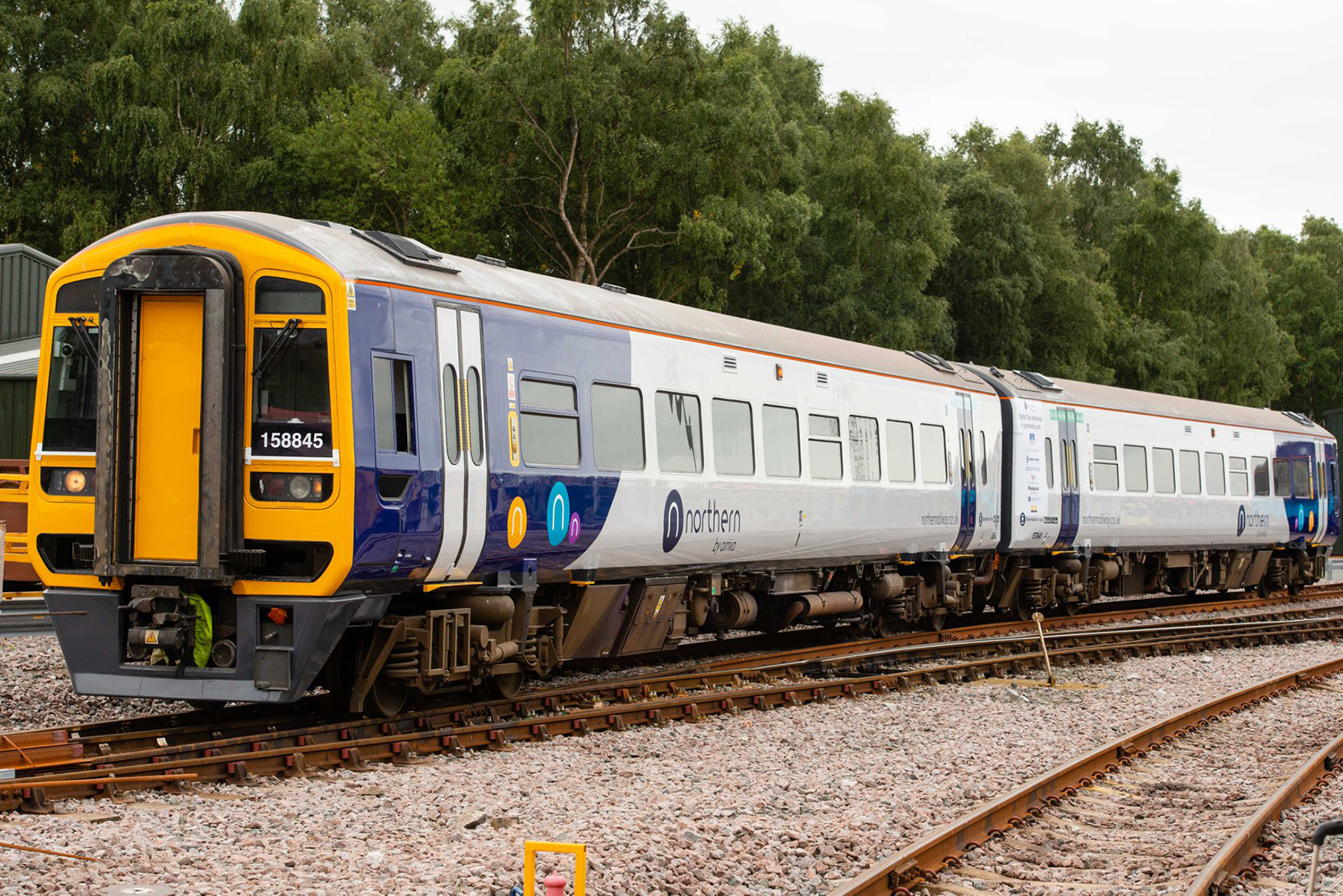
Some short term fixes have been announced, like introducing a number of electric trains from elsewhere on the network, the lengthening of platforms and deep cleaning of all existing trains.
Yet, the government also recognizes the scale of the challenge ahead. The Northern network is huge and complex. Many problems are infrastructure-related. The new leadership of Northern will sit down with Network Rail and during their first 100 days, they will have to develop a top to bottom review of the operator. The government also makes it very clear, that the re-nationalization in no way reflects on the staff of Northern. ‘They are dedicated, hard-working and committed to their customers.’
2x re-nationalization – backgrounds
Based on the Railways Act 1993, if a franchised rail operator fails to maintain continuity of passenger rail service, the DfT steps in as an operator of last resort. Also known as a public-sector train operator, this has been the case for London North Eastern Railway (LNER) on the East Coast Main Line (ECML), where LNER, owned by DfT runs Azuma intercity trains between London, Edinburgh, and Inverness since taking over the franchise in June 2018 from Virgin Trains.
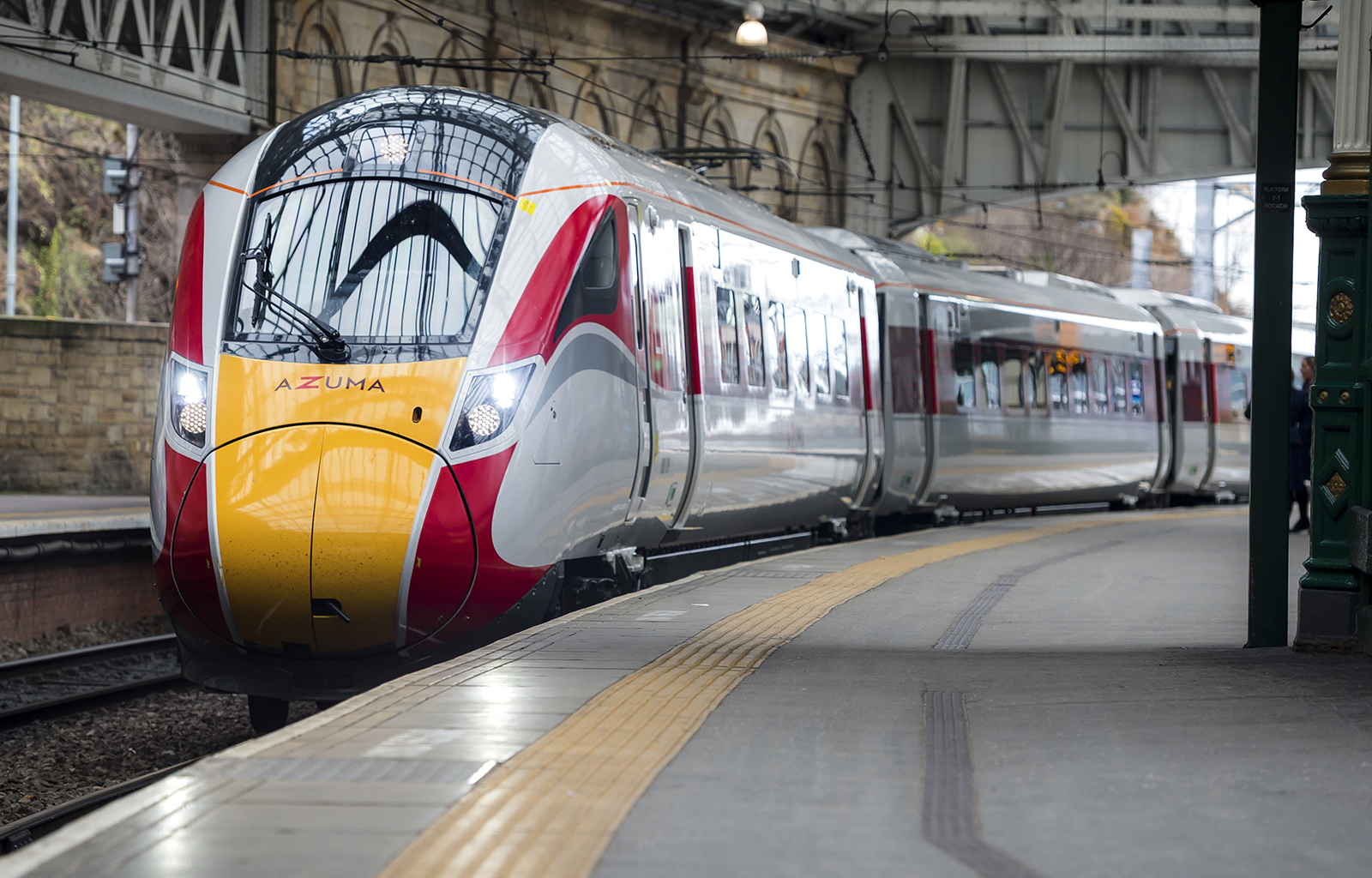
Now, the largest rail franchise in terms of the size of the network and the number of weekly services in the UK follows the scheme. The Northern franchise has been a success between 2004 and 2016, operated by Serco-Abellio. During these years, ridership increased from 73 million to 97 million, opening the space for investment into 98 new, both electric and diesel multiple CAF Civity units. In 2016, a new franchisee has been selected. Its name was Northern, with a legal name Arriva Rail North Limited.
Over time, complaints have risen over poor customer service, worsening punctuality, and declining passenger numbers despite a higher number of train services as well as subsidies. Despite Arriva defended itself pointing at external factors, the franchise affected by delays, chaotic implementation of a new schedule in 2018, cancellations and strikes were causing the government’s spotlight pointing north for some time. But as stated before: Yet even the government admits many of the issues are connected to the railway infrastructure.
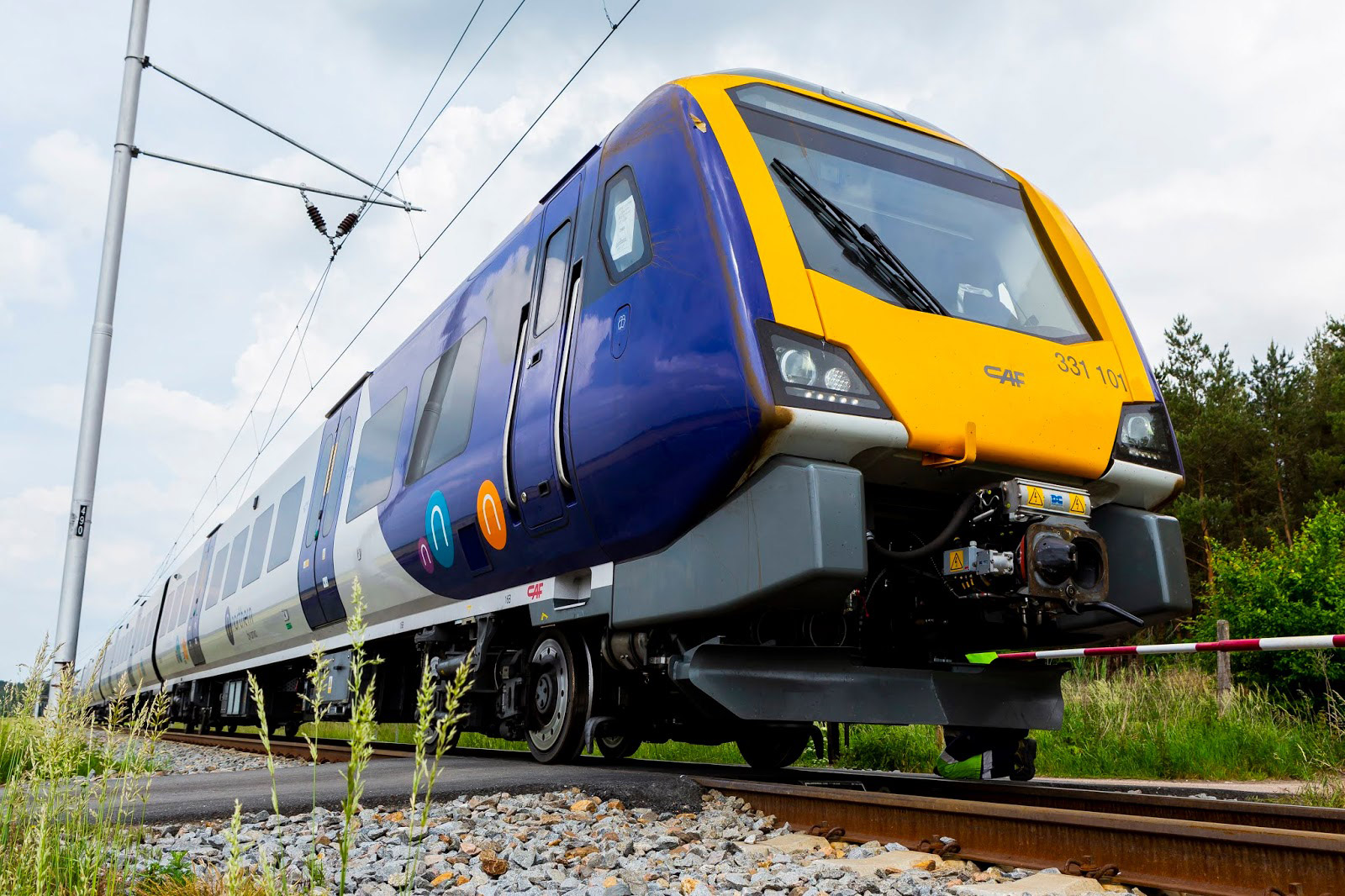
The franchise is a big one in the UK. With 108 million passengers, North network serves cities such as Manchester, Liverpool, Newcastle, Leeds, or Hull. Fearing the collapse of service, as of 1st March 2020, a new company, named Northern Trains and owned by the government, has taken over the services, ending the franchise formerly allocated until 2025. The legal entity behind is DfT OLR (operator of last resort) Holdings Limited, aka DOHL.
